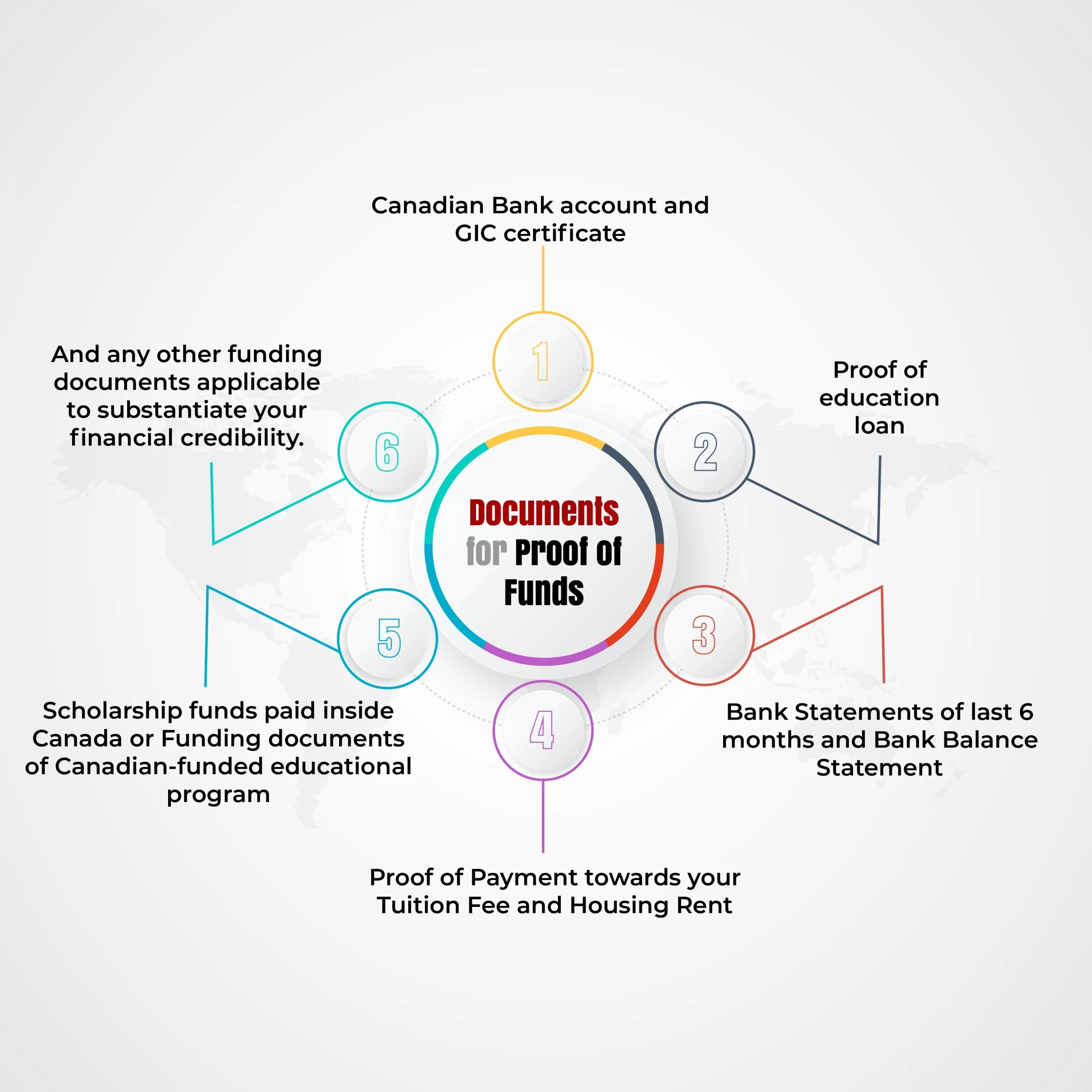Masters in Finance in Canada – All about international education
Finance is one of the crucial departments in every industry and business happening all around the world. Regardless of being an uncompromising department, masters in finance is also being operated as a unique domain (or industry) offering various career opportunities.
Since cash flow and monetary study are the crucial activities in the public and private financing sector, it is unavoidable that finance is one of the promising domains that never falls short of job opportunities.
If you are someone who is aspiring to become a financial professional, this blog is for you!
Hop-on…
Financial Studies in India
There are many institutions offering masters in financial studies in India. Studying finance in India offers many benefits but there are potential drawbacks as well, that one should be aware of. Here are some of the underlying cons of studying finance in India.
1. Limited Specialization
Indian universities may not offer the same level of specialization in finance as institutions abroad. You might find fewer niche courses and research opportunities.
2. Quality Variance
The quality of education can vary significantly among different Indian universities and colleges. Some may offer world-class programs, while others may lack proper infrastructure and faculty.
3. Competition
Finance is a popular field in India, leading to intense competition for admission into top-tier institutions. The entrance exams for these institutions can be highly competitive and stressful.
4. Outdated Curriculum
Some institutions may have outdated curricula that do not align with the rapidly changing finance industry. Staying up to date with global financial trends may require additional self-study.
5. Global Recognition
Depending on your career aspirations, a degree from an Indian institution may not have the same global recognition and value as one from a top international institution, which can limit your international career opportunities.
Having this many uncertainties is the obvious reason for students to fly abroad to pursue their financial education. When it comes to studying finance abroad, master’s in finance in Canada is the most appropriate topic to discuss.
A master’s degree in finance equips students with in-depth knowledge of financial markets and analytical methods. Graduates interested in careers in banking, corporate finance, risk management, and financial planning should consider taking an MS in Finance program.
Canada is the greatest choice for Indian students interested in obtaining a master’s degree in finance because of its robust and diverse economy. Canada is the best country to further your higher education because of its world-class universities, excellent education system, and friendly culture.
Why study master in finance in Canada?
Universities in Canada are well-positioned to offer the training and education required for a career in the financial industry. One of the most sought-after finance courses in Canada is the MS in Finance, or MFin, which is provided by the best institutions and colleges in the country in both full-time and part-time forms. Here are some reasons why Canada is the best country for you.
The majority of Canadian colleges and institutions offer an MSc in Finance program that focuses on imparting practical information and offers many opportunities to advance your career and maximize your potential. You can excel as a valuable decision-maker with the knowledge and skills that a master’s in finance degree gives you.
After completing the program, a master’s in finance degree from Canada might put you on a promising career path. Canadian colleges have strong ties to the business world, giving you access to a network of industry experts and assisting you in laying a solid career foundation.
Top institutions offering Masters in Finance in Canada
Canada has several prestigious universities that offer master’s in finance programs. Some of the top ones include,
1. University of Toronto
2. University of British Columbia
3. McGill University
4. University of Alberta
5. Queen’s University at Kingston
6. University of Waterloo
7. Université de Montréal
8. Western University
9. York University
10. University of Calgary
The above listed institutions will bestow you the best financial studies in Canada and root you to turn into a qualified financial specialist.
Career Opportunities after studying Masters in Finance in Canada
As explained earlier, you will have plenty of career opportunities after completing your masters in finance in Canada. However, the financial sector is ever expanding and evolving to various forms, it’s not just in India but the opportunities are widespread across the globe and some of the most sought-after job roles for graduate who completed masters in finance in Canada include,
1. Chartered Accountant or CA
2. Risk Manager
3. Budget Analyst
4. Financial Analyst
5. Market Research Analyst
Admission Requirements to study masters in finance in Canada
Admission requirements vary between universities to study masters in finance in Canada, but generally, you’ll need a bachelor’s degree in a related field, strong academic records, and English language proficiency (usually demonstrated through IELTS or TOEFL scores). Some universities may also require GMAT or GRE scores.
Curriculum of masters in finance in Canada
The curriculum will cover topics such as
1. Financial analysis
2. Investment management
3. Risk assessment
4. Financial modelling
You can also choose elective courses based on your interests.
Benefits
The benefits of studying masters in finance in Canada are plenty. A few to list include,
1. Quality of Life
2. Networking Opportunities
3. World-Class education
4. Globally Recognized Degree
5. Enormous Job Opportunities
6. PR pathways
Wrappin up…
If you are looking for a financial masters, it is immaculately the best time for you to start your Masters in Finance in Canada. CanApprove is here providing the industry best overseas education and immigration services for abroad aspirants since 1998. Get in touch with our overseas education coordinator right away!
FAQs
- Will I have stay back options after completing Masters in Finance in Canada?
Yes. 2 year program in Canada will offer you a stay back of up to 3 years
- Will I get Scholarships in Canada?
It depends on your academic performance.If you meet the eligibility criteria of scholarships offered for foreign nationals, then it’s a green tick!
- How to process my finance in masters in Canada?
Connect with CanApprove. We have been maintaining professional ties to many of the reupted institutions in Canada. We will help you to set up your education in Canada.





